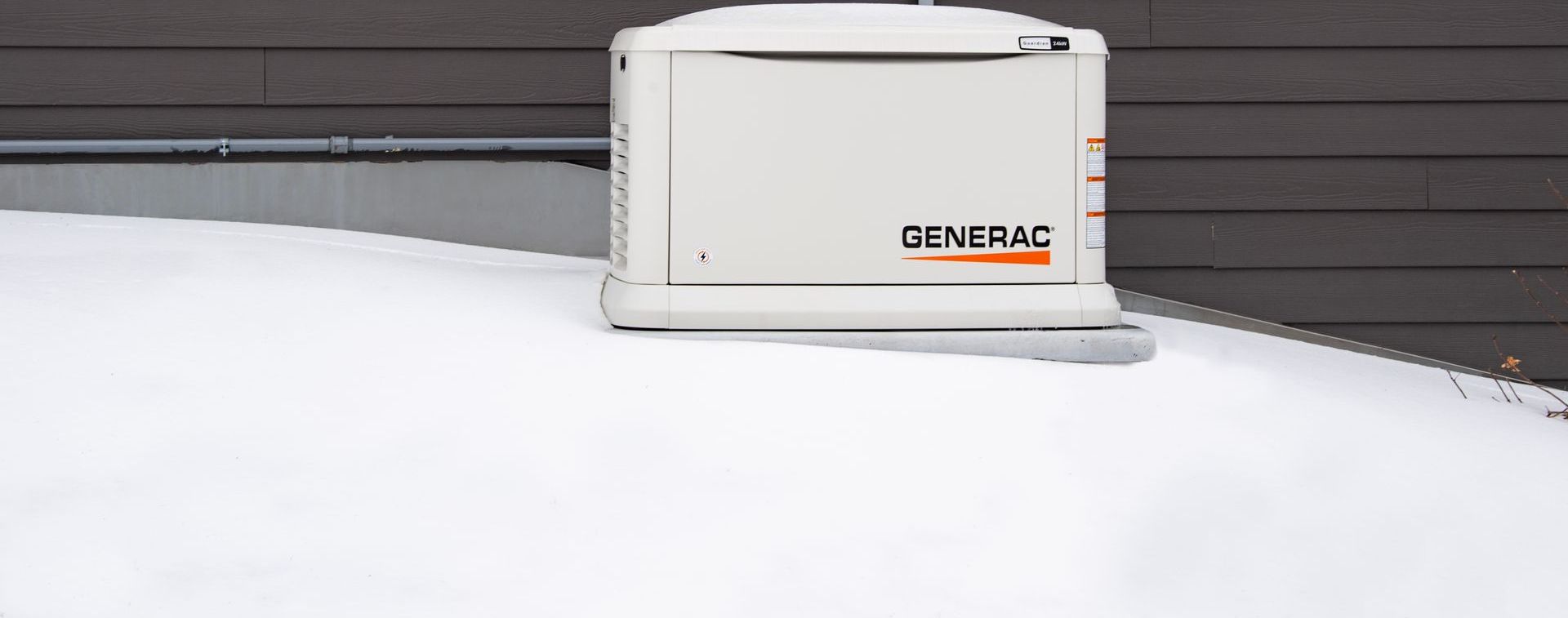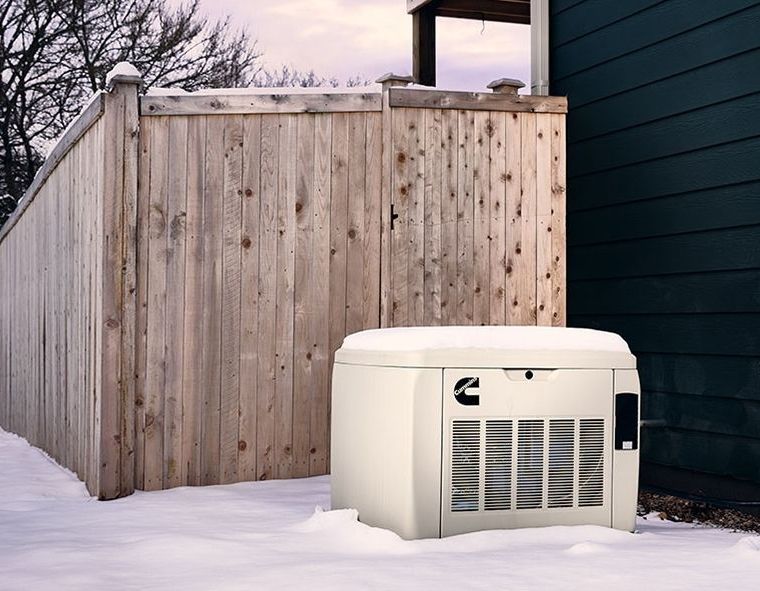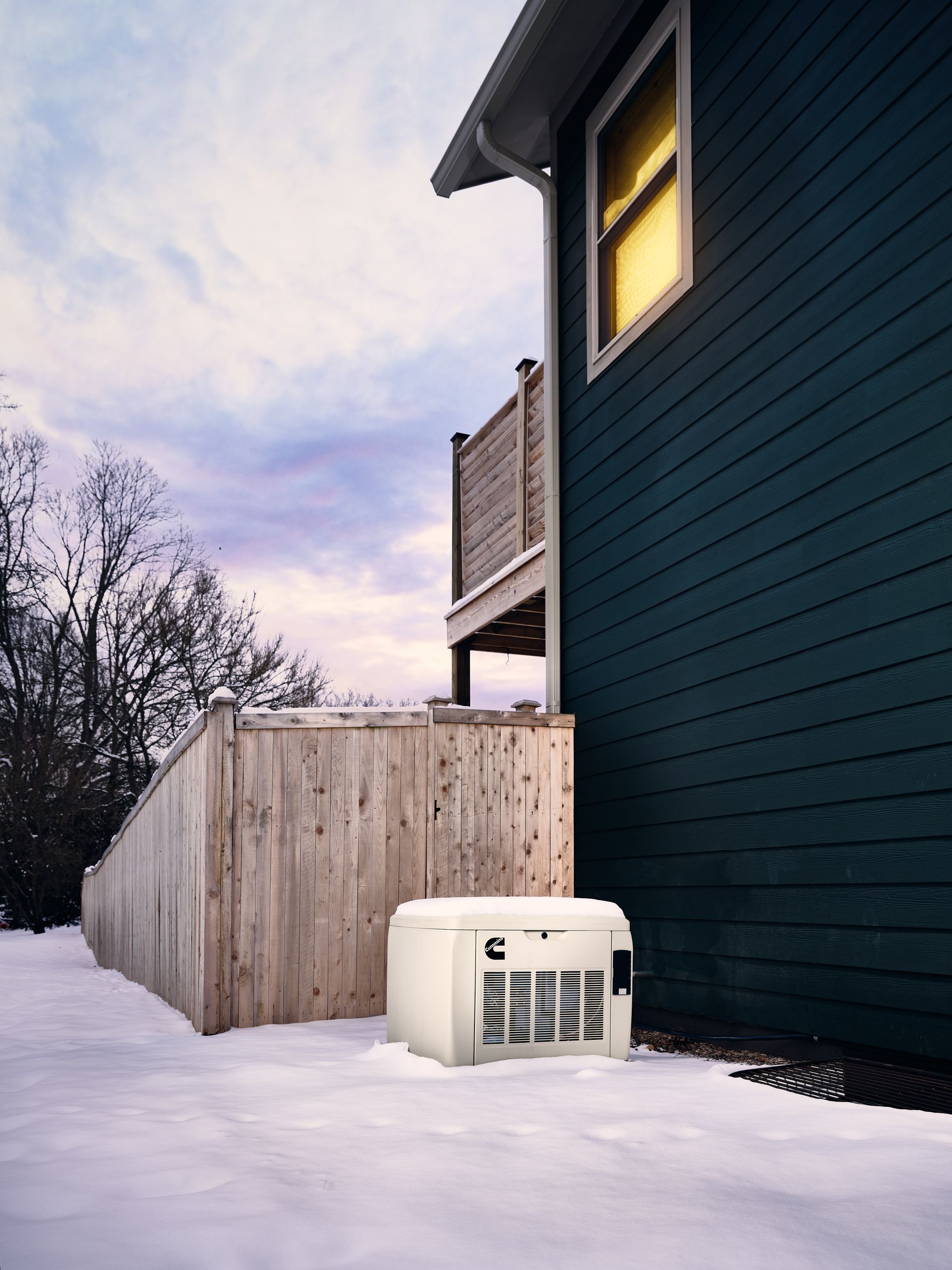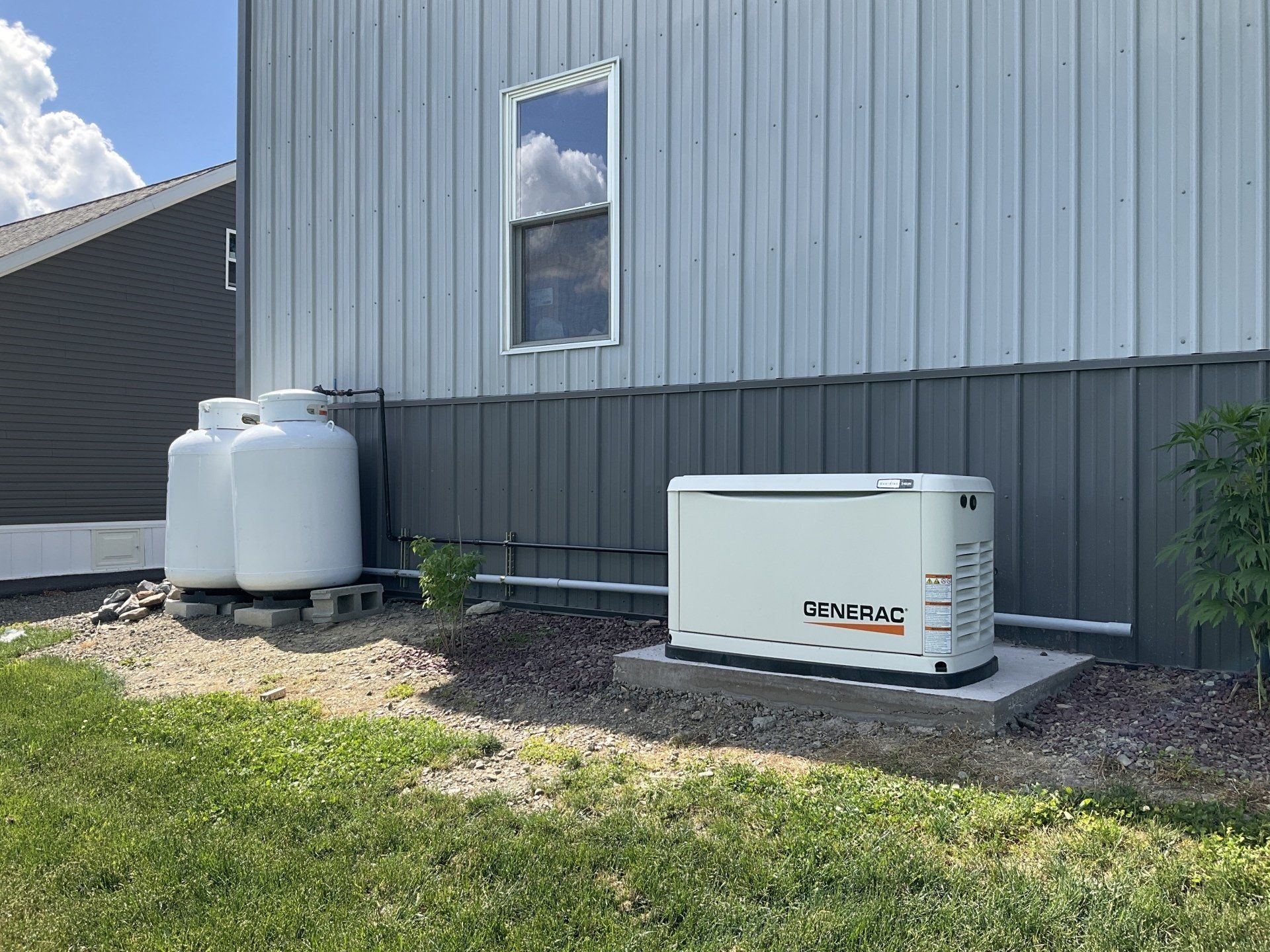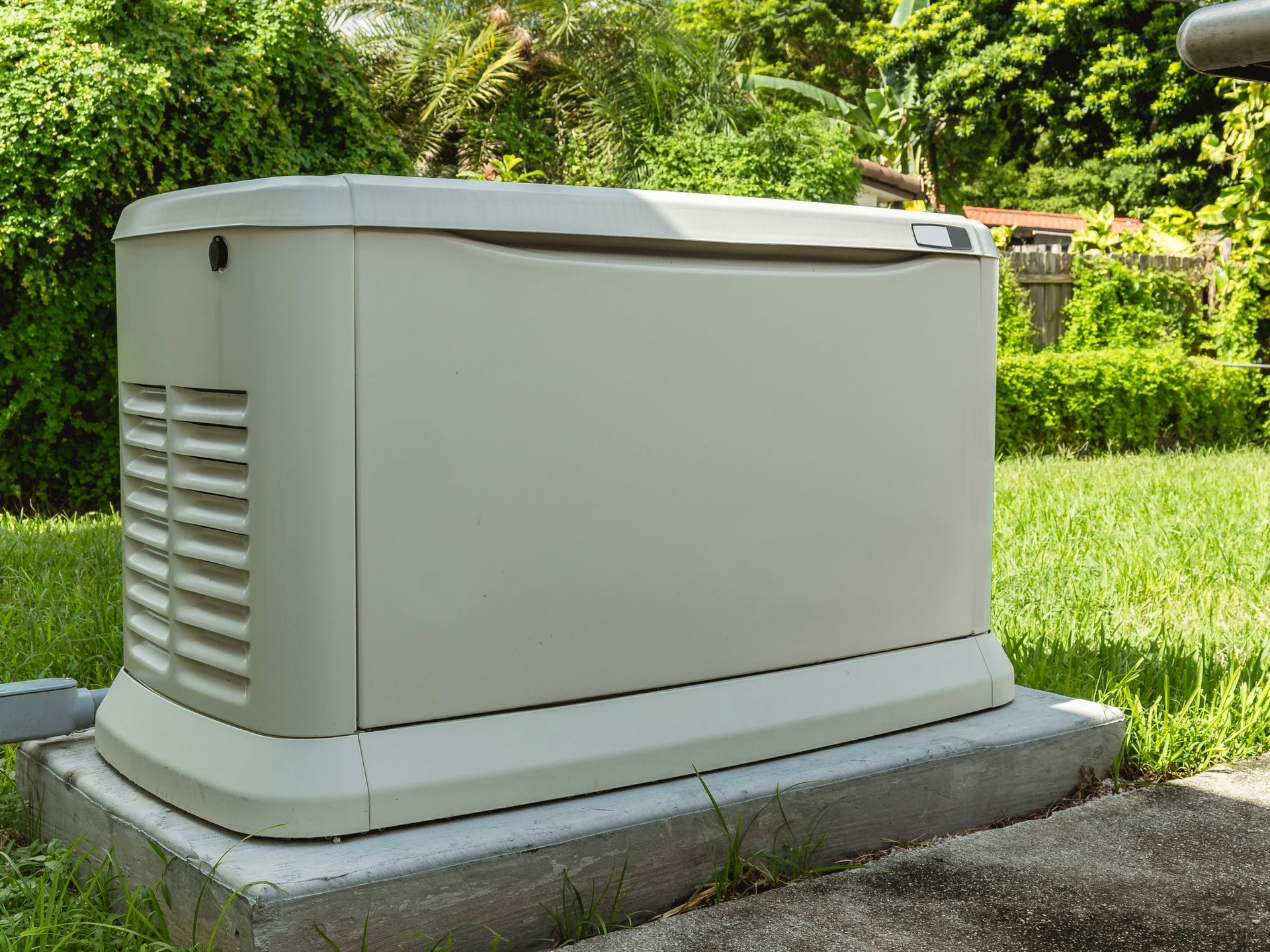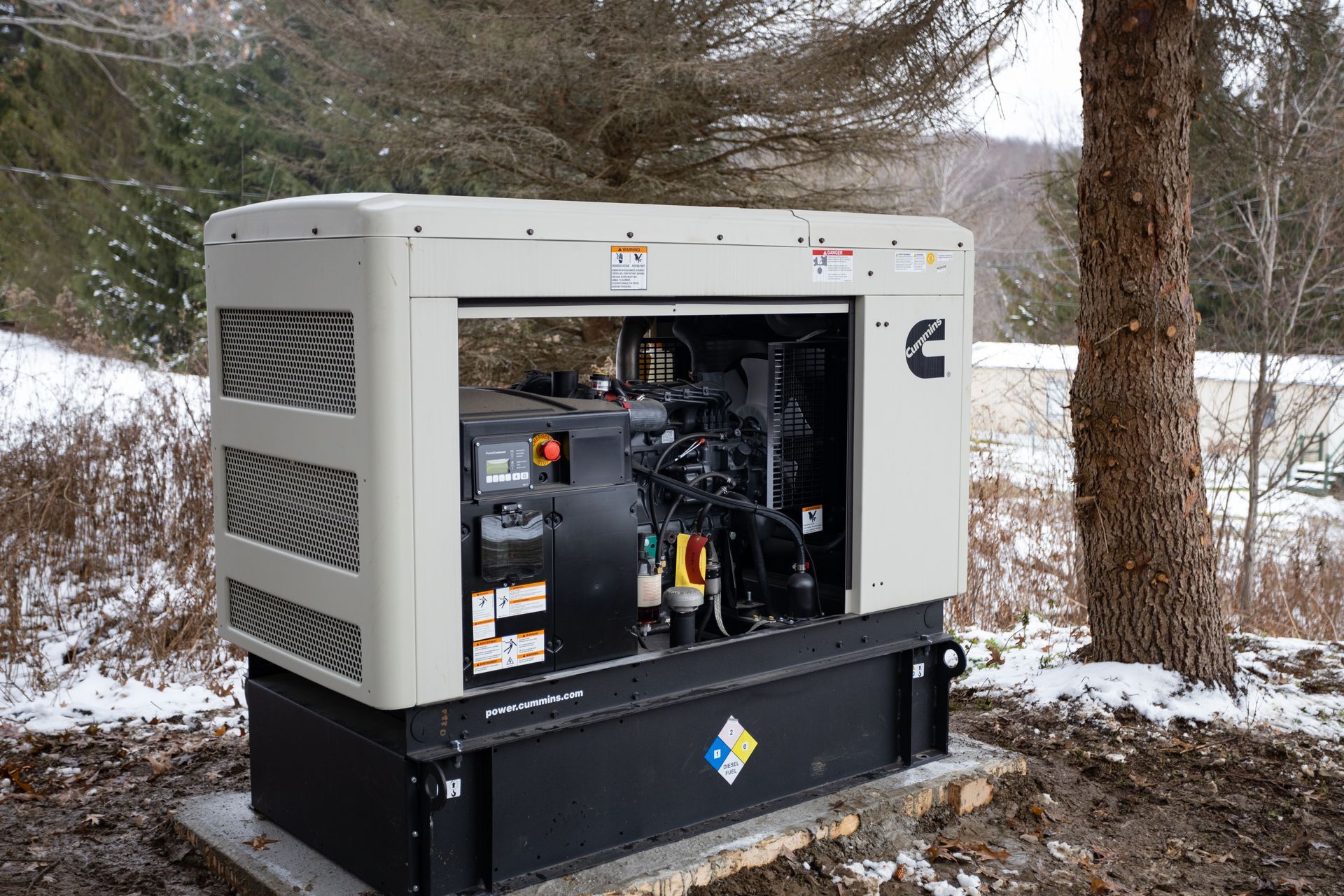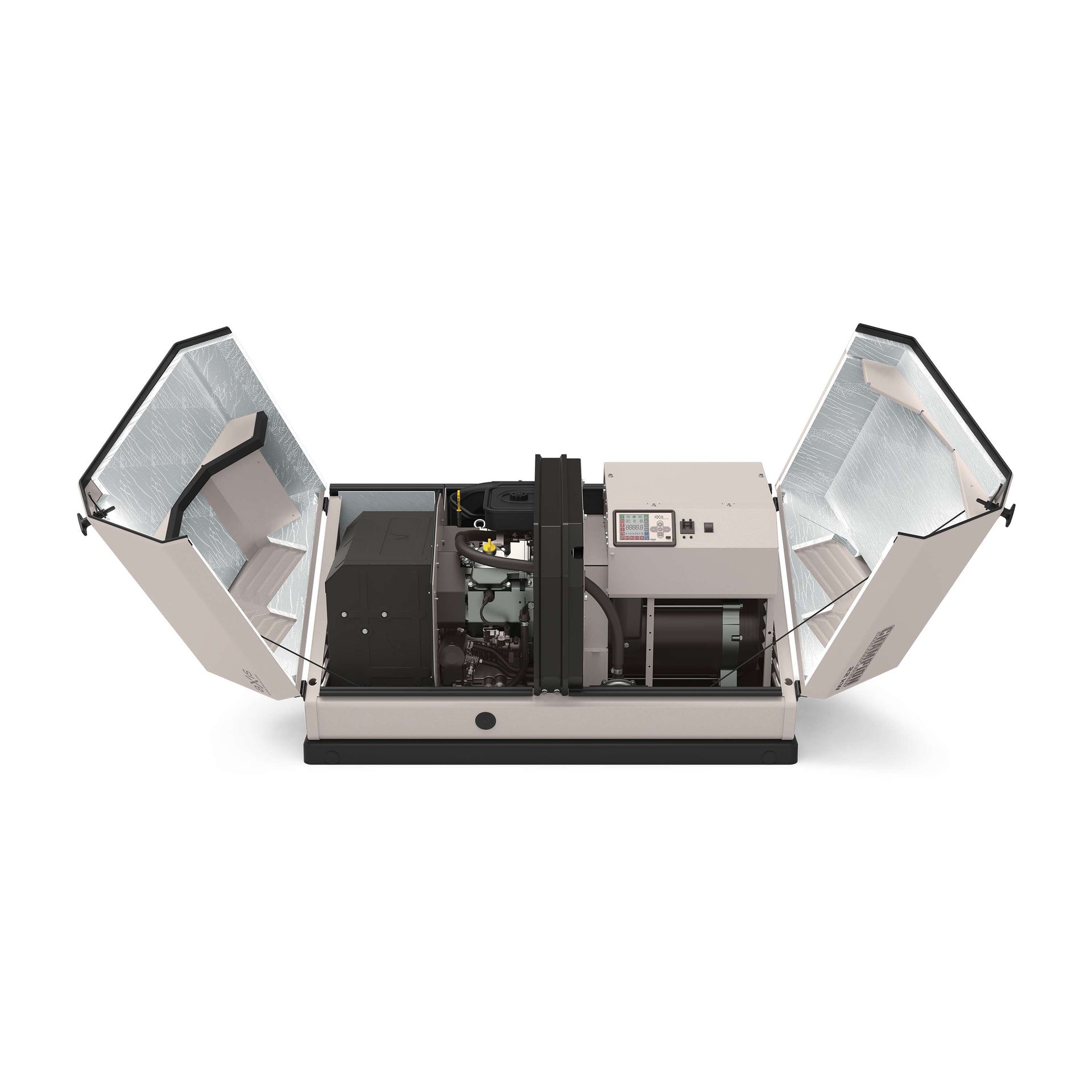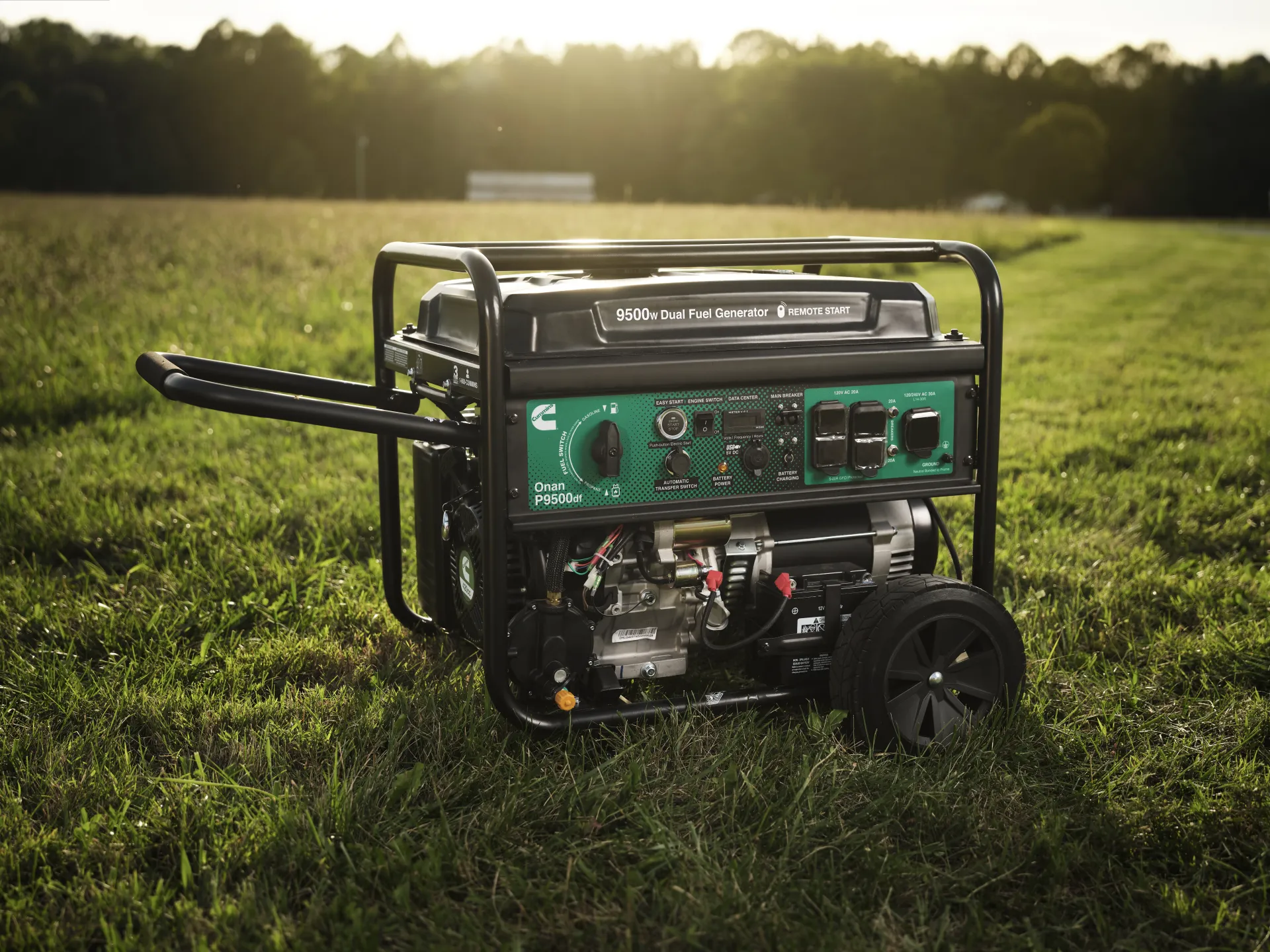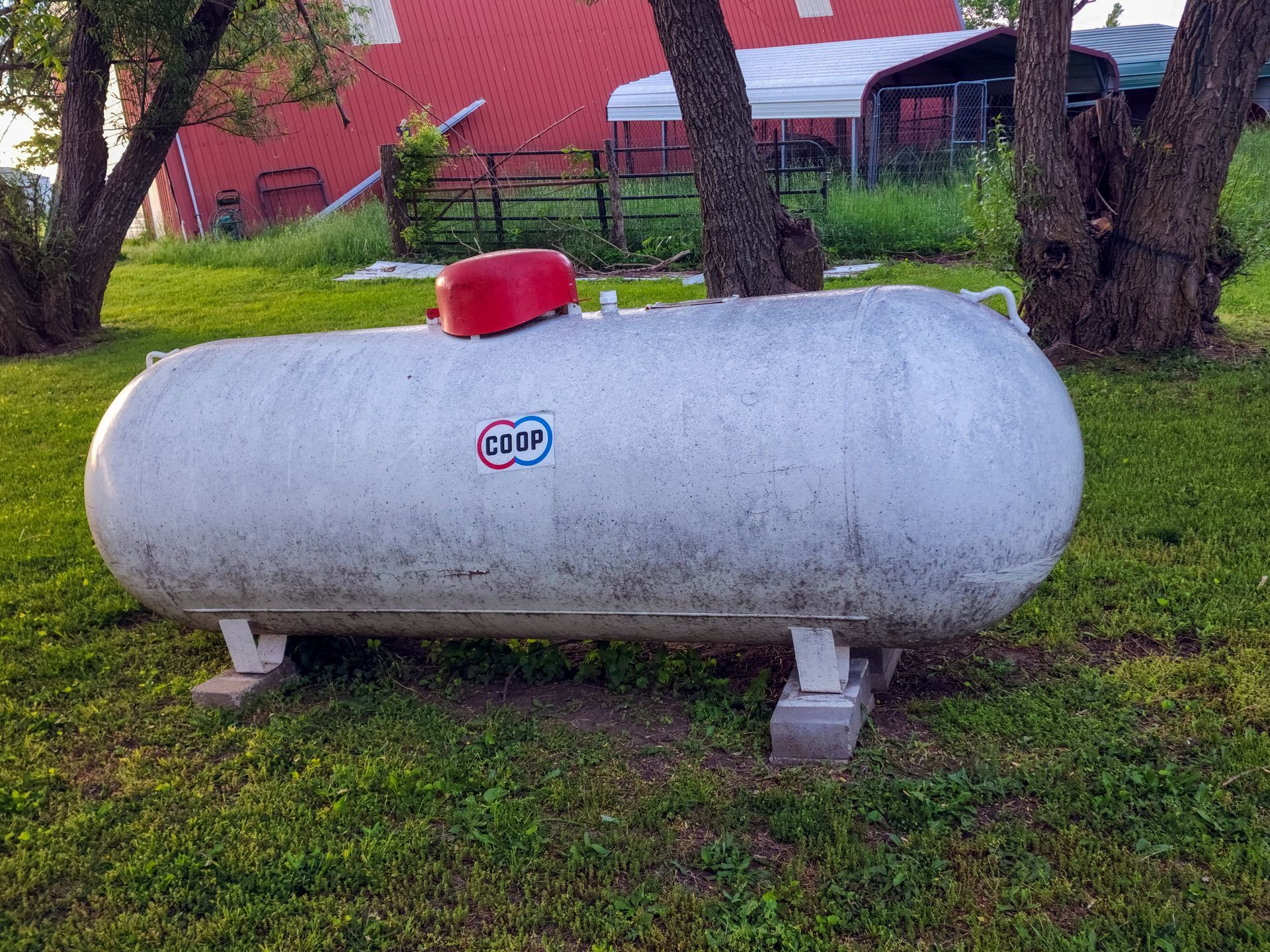The Most Common Water Filters and Treatment Systems
There are dozens of Filtration Systems and Manufacturers on the market for Water Treatment, these are some of the most common:
Many homes across the country have less than ideal water conditions that homeowners are looking to get solutions for. Certain regions tend to have similar issues across the water supplies they draw from. A quick example being that iron and arsenic deposits are common in the North East, additional problems include acidity, salt, lead and chlorine. Other regions suffer from other conditions more frequently, like tannins and nitrates.
So with that in mind, be sure to understand that just because a water treatment system is popular or common, it does not necessarily mean it is the best treatment method for your water conditions. If you’re a homeowner experiencing poor water conditions, odd tastes and smells, consider getting a water test to determine what system will be best (most treatment companies like ours will offer homeowners free water tests).
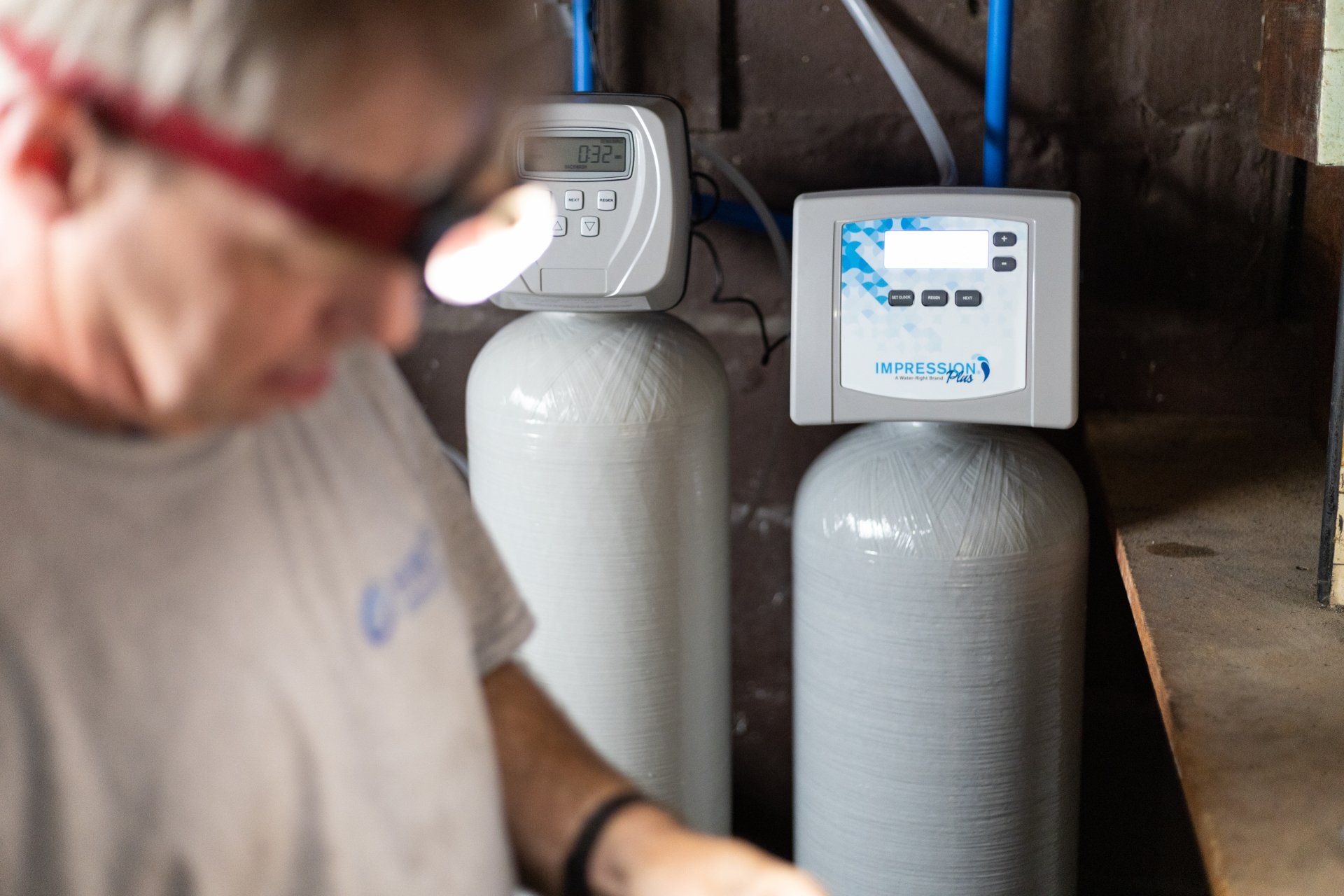
Water Softeners
Water Softeners are by far the most common water treatment system because of the various beneficial effects they have. On a hardness scale in water, homes with less than 17.1 ppm are considered soft, and anything above 120 is considered hard. In New York State, the average home is generally in the moderate zone of 80-100 ppm. Many homeowners in this range, who do not have very hard water still purchase softeners because they like the way softener water feels.
Hard water has greater amounts of calcium and magnesium than average, which can lead to composite build ups inside pipes, faucets, appliances, and basically anything else that cycles water. This phenomenon significantly shortens the lifespan of all those fixtures and appliances.
Hard water also has a certain taste and feel that many people find to be uncomfortable, even though it is not necessarily harmful to consume.
Reverse Osmosis Filters
Reverse Osmosis (R.O.) filter systems have steadily grown in popularity in recent history due to their convenient size, relatively low overall cost and the number of issues it can solve. Reverse Osmosis will handle Fluoride, salts, chlorine, VOC’s, arsenic and many other contaminants.
Most R.O. systems are not rated to remove certain kinds of bacteria and viruses, which leads many homeowners to pair their R.O. with something else like a U.V. light. R.O. filters also purge a fair amount of contaminated water into your drain, commonly referred to as brine, which tends to result in a small uptick in overall water usage. This water is used to flush all the contaminants removed by the R.O. system.
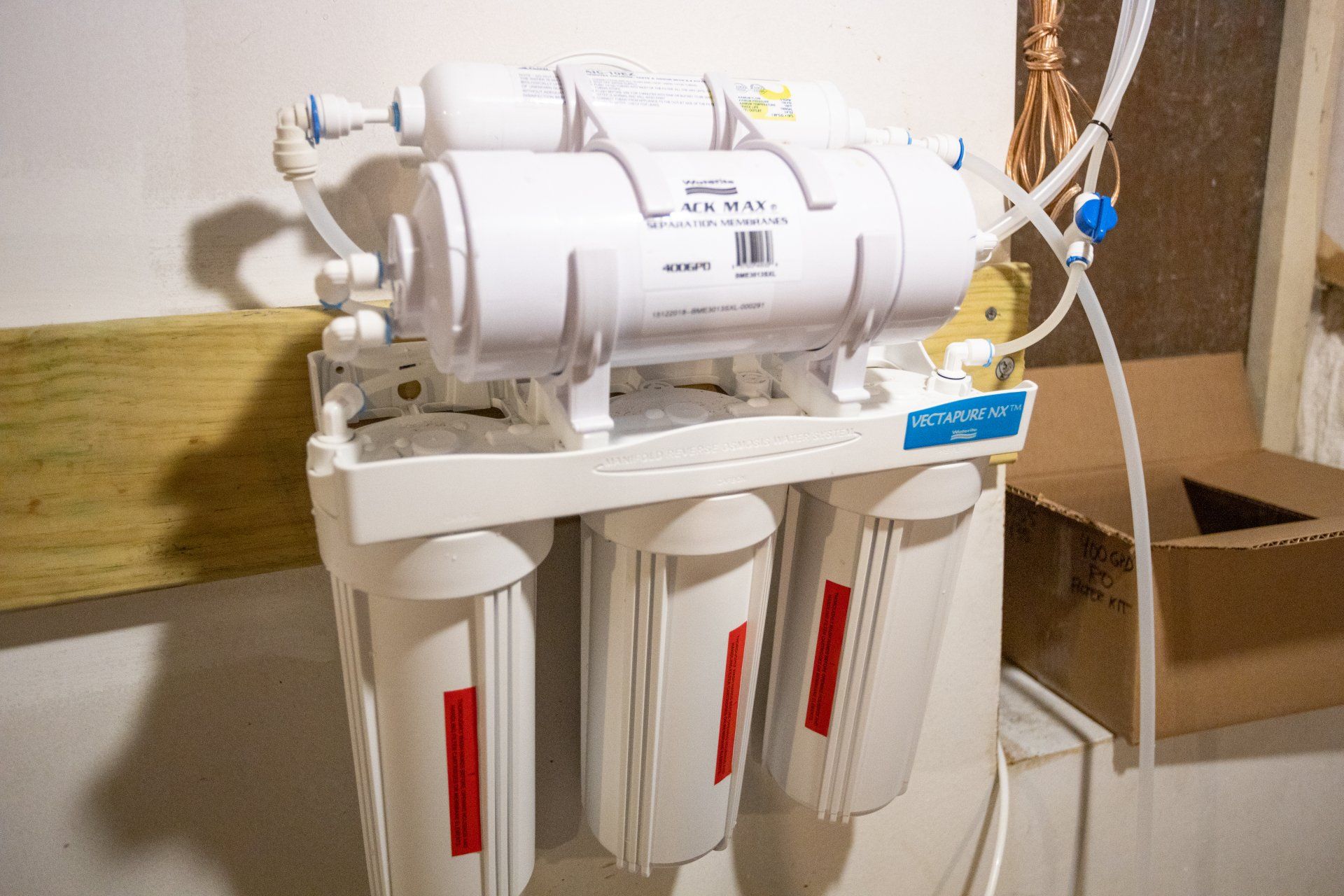
Carbon Filters
Activated Carbon Filters are another very popular type of water system that use carbon material (often as pellets, but sometimes in other forms) to absorb chemicals in your water supply as it passes through the housing where all the carbon pellets are. This form of filtration is very effective with certain contaminants but not with others, since its efficacy depends on whether or not the chemicals will be attracted to the carbon.
Contaminants like sulfur and chlorine are very effectively treated by a Carbon Filter, but other things like iron and various nitrates are not. As is the case with many water treatment systems, Carbon Filters are often used in tandem with something else (like an R.O.) for a more effective purification.
Chlorination
Chlorination is a tried and tested water treatment method that has been around for a long time. Chlorine has been proven to effectively kill many types of bacteria and viruses, and is widely used in municipal water supplies as a form of purification. Chlorinators like the Sanitizer Plus that we service, from Water Right, is a very popular system for municipal water conditions.
Chlorine can also be the
cause of damage in some circumstances and is undesirable in large quantities. Chlorine can be potentially hazardous in some conditions, specifically where organic minerals and metals can cause chemical reactions with the chlorine (called trihalomethanes). These mixed chemicals are hazardous, which causes many homeowners who have well water to pair a chlorinator with something like a carbon filter to remove excess chlorine.
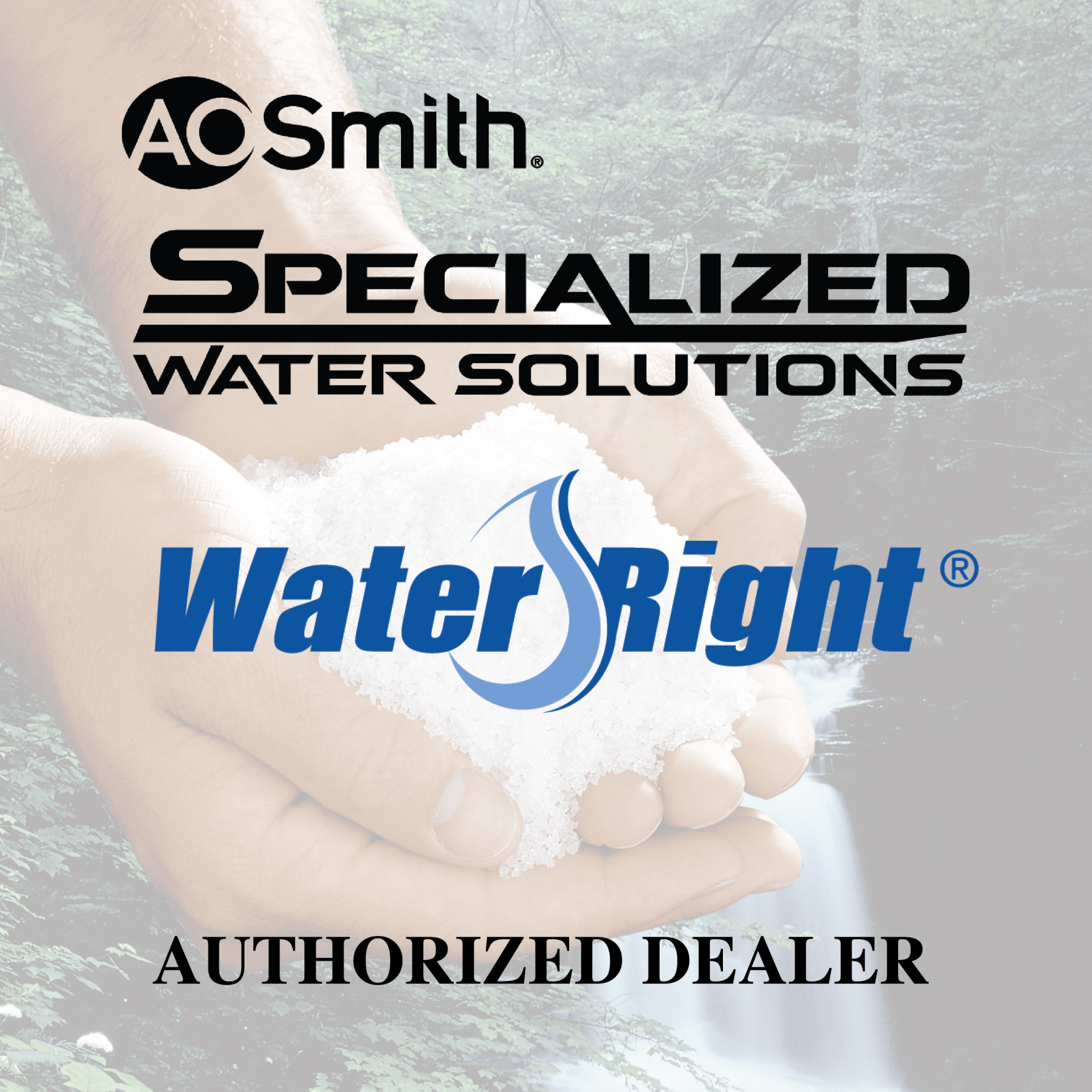
When looking into water treatment systems It’s important to remember that no two homes have the exact same water conditions, particularly ones that are far apart and get water from different sources. We strongly recommend that homeowners get a thorough water test as a part of their search; state labs can give tests for a small fee and many service providers will offer water tests as part of a consultation.
If you’re in the Upstate New York area and are looking for information about water treatment systems, consider contacting us directly either by
web submission here on our site, by phone at
(585) 244-0099 or by
email. Service providers like Hurricane Home Solutions always offer free consultations and water tests.
